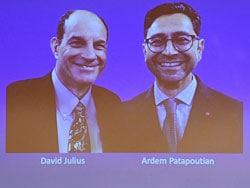3.052 - AMICOR (24)
#Dra. Valderês A. R. Achutti (*13/06/1931+15/06/2021)
Emoldurada num jardim florido, no velho continente, no século passado...
Dando continuidade às Sessões Culturais da ASRM, o presidente Luiz Lavinsky e eu os convidamos para a próxima reunião, dia 19 de outubro, em formato virtual.
A palestrante da Sessão será a artista Clara Pechansky, bacharel em pintura, licenciada em Desenho e História da Arte, que conta com 70 exposições individuais no Brasil e vários países das Américas e Europa, além de mais de 200 exposições coletivas. Multipremiada, é também Gestora Social e Cultural no Brasil e América Latina. Ela nos falará sobre sua trajetória, inserida em décadas de história da arte visual no Rio Grande do Sul.
A reunião nos oferecerá mais um momento de aprendizado e beleza. Sintam-se à vontade para convidar familiares e amigos, que serão bem-vindos no ambiente da Academia Sul-Rio-Grandense de Medicina.
Este e-mail tem o propósito de "Save the Date". Na véspera da Sessão, os senhores receberão um lembrete da reunião com o link de acesso.
Obrigado e até lá!
Miriam Oliveira (Diretora Cultural da ASRM)
Gestão Luiz Lavinsky (2021-2022)

















No comments:
Post a Comment